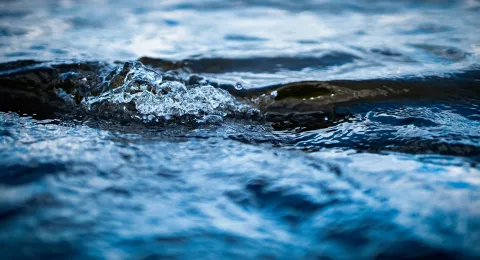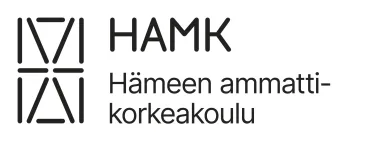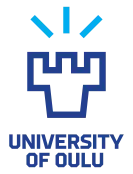Industrial activities generate significant amounts of various wastewater and side streams. These industrial waters are very variable in quality and composition, depending on the industry sector and production process. Often, industrial waters contain valuable components that would be worth to recover and utilize instead of being discharged into general wastewater treatment. Industrial waters are seen to have a lot of unexploited circular economy potential. Different treatment solutions for different waters are needed. These solutions that promote the circular economy can also provide companies with opportunities to improve energy self-sufficiency and contribute to the achievement of carbon neutrality and responsibility goals. Project focuses on various process and wastewaters from the food, mining, and forest industries.
The aim of the project is to determine the treatment methods suitable for selected industrial waters and a comprehensive solution that promotes the circular economy, in cooperation with companies. In terms of research, the aim is to recover and recycle valuable fractions, such as metals and nutrients, from water, utilize organic matter into biogas, nutrients into microalgae, and produce value components (pigments, fatty acids, proteins) for various applications. The aim is to provide sustainable, cost- and energy-efficient technical solutions, taking into account the differences in industrial waters. With the treatment solutions tested in the project, the goal is to purify the water either for reuse, or discharging back into nature or with less burden to the municipal wastewater treatment plant.
The project is coordinated by the HAMK Bio research unit of Häme University of Applied Sciences, with the Chemical Process Engineering Research Unit of the University of Oulu and the Department of Separation Science at LUT University as research partners. The project involves several funding companies from the mining, dairy, beverage and forest industries, as well as technology companies representing processing solutions.
The LUT University subproject (A90790) is funded by the European Regional Development Fund (ERDF), UPM-Kymmene Corporation, Waterix Oy and LUT University.
1.8.2023–31.8.2025
Project funding:
European Regional Development Fund, UPM-Kymmene Oyj, Waterix Oy

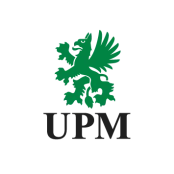
Goals
The general objective of the project is to develop circular economy solutions for the treatment of various industrial waters, enabling companies to:
- reduce environmental load and save water
- generate new value from side streams
- promote carbon sequestration and energy self-sufficiency
- promote responsible actions and the green transition
- achieve cost and synergy benefits in water treatment
Links
Contact information
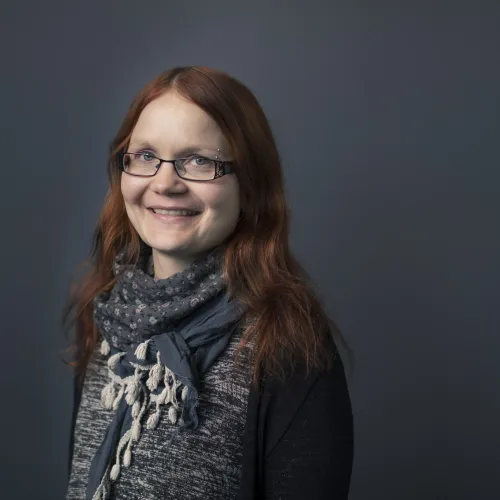
Eveliina Repo
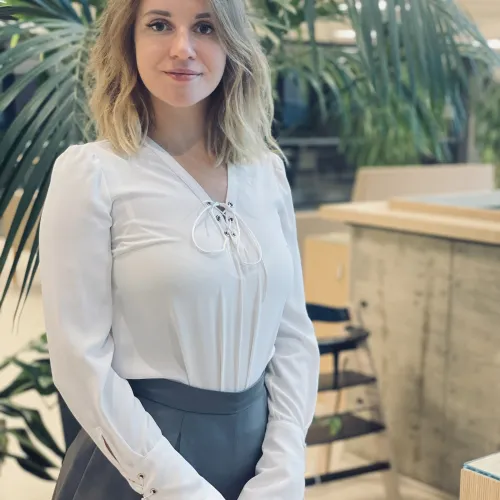
Daria Givirovskaia


